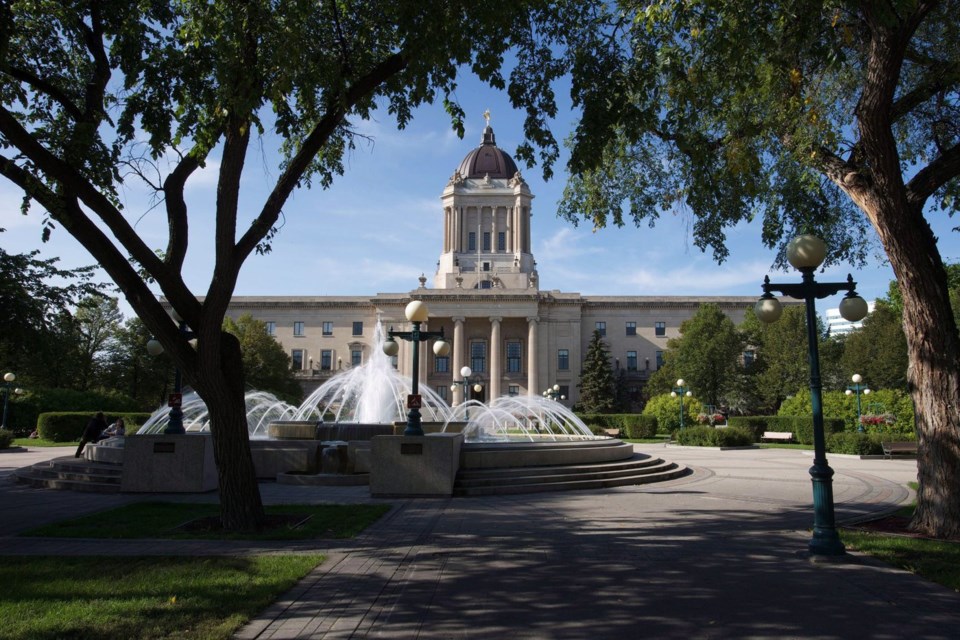WINNIPEG — Manitoba politicians sat late into the night Monday to give final approval to more than 20 bills that covered topics ranging from criminal asset seizures to social assistance.
Among the bills passed through a final vote by the NDP government was one that would make it easier to seize property from criminals, including vehicles that are modified to have hidden compartments for drugs and other contraband.
Another new law ends the province's ban on homegrown recreational cannabis.
The government said the change brings Manitoba in line with all provinces except Quebec. The Opposition Progressive Conservatives opposed the change and said they are concerned cannabis will more easily fall into the hands of children.
Another new law will establish "buffer zones" around abortion clinics in which protests will not be allowed, similar to an existing law in British Columbia.
Another will forbid convicted sex offenders from changing their names, while yet another will pave the way for people on social assistance to have the option of adult education as a path to employment.
A major portion of the government's agenda, however, will carry over to the fall.
An omnibus bill that would enact the government's budget measures is not going to a final vote until the legislature reconvenes in October. The bill is called the Budget Implementation and Tax Statutes Amendment Act, known by its acronym, BITSA.
That bill has faced Opposition criticism because the government tacked on several non-budget initiatives to it, including a doubling of rebates for political campaign expenses and a ban on replacement workers during labour disputes.
"There's many pieces that they didn't run on that they're slipping in through BITSA," interim Progressive Conservative leader Wayne Ewasko said.
Including more items in BITSA also means there will likely be no public hearings on the changes. Manitoba legislature rules require public hearings on all bills except those directly tied to the budget, such as BITSA.
Government house leader Nahanni Fontaine said the NDP is justified in using BITSA to ensure its agenda can be implemented after winning last October's election. She pointed to Tory delay tactics during the spring sitting.
"We're elected to do a job. Manitobans gave a very clear mandate to the NDP to do what's in the best interest of Manitobans," she said.
"We're going to use the tools that are available to us to do the job that Manitobans elected us to do."
Also on hold until the fall are four bills that the Opposition held back under legislature rules that allow them to delay as many as five each year.
One of the bills held back this year would lift a ban on project labour agreements — deals that require non-unionized workers on large projects to be governed by the same rules and benefits as their unionized counterparts.
While politicians and staff will be in the legislature less during the summer break, they are likely to be hitting the streets more in the next couple of weeks.
A byelection has been called for June 18 in the Tuxedo constituency in Winnipeg. It has been vacant since former Tory leader and premier Heather Stefanson resigned earlier this year.
The seat has been held by the Progressive Conservatives since its creation in 1979, but the NDP came within 300 votes of taking it in last year's election.
This report by The Canadian Press was first published June 4, 2024.
Steve Lambert, The Canadian Press




